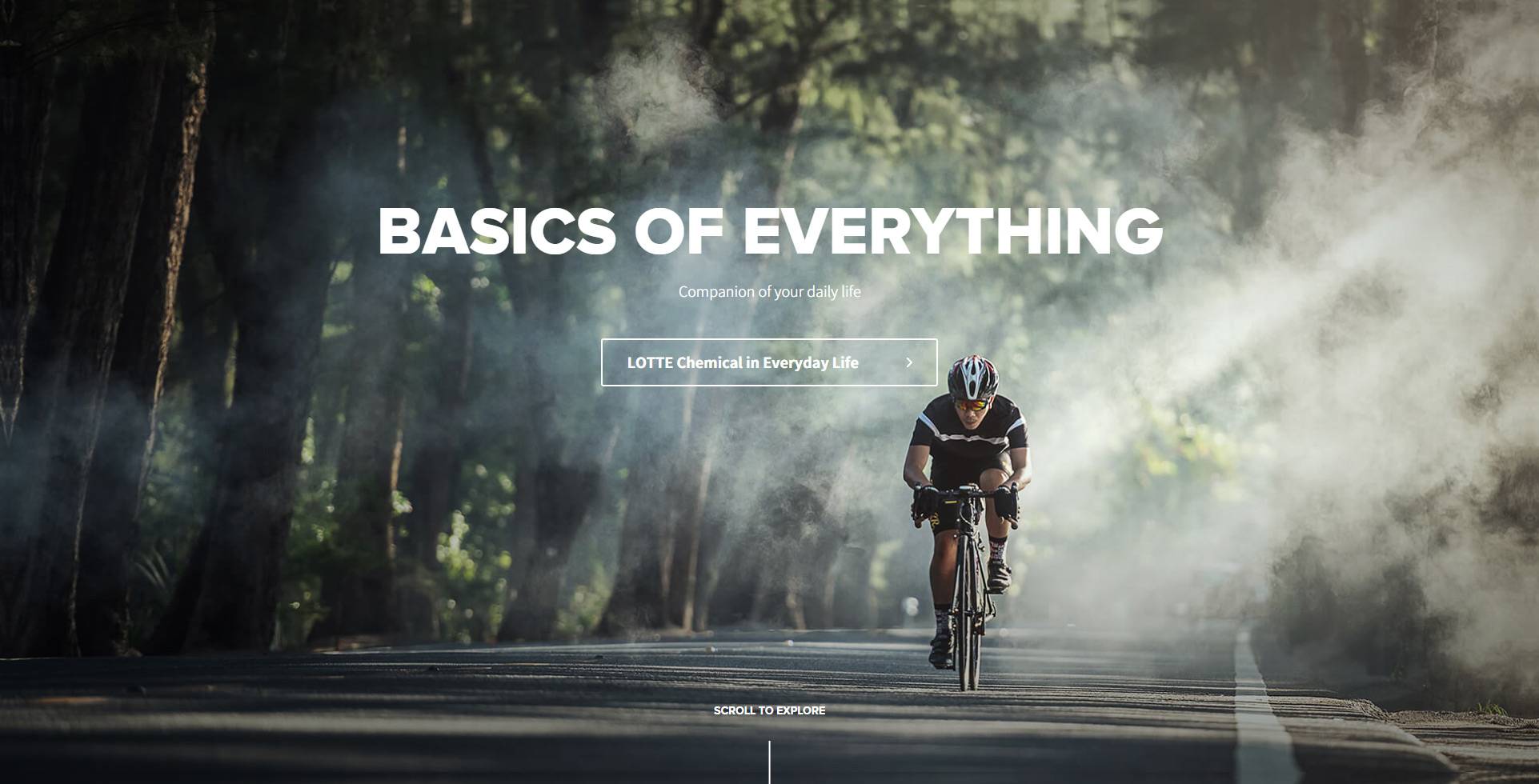Oct . 21, 2024 19:22 Back to list
pvc hose pipe
Understanding PVC Hose Pipe Properties, Applications, and Advantages
PVC (Polyvinyl Chloride) hose pipes have become increasingly popular in various industries due to their unique properties, versatility, and cost-effectiveness. These hoses are engineered from high-quality PVC material, making them a reliable choice for a wide range of applications. In this article, we will explore the characteristics, uses, and benefits of PVC hose pipes.
Properties of PVC Hose Pipe
One of the most noteworthy attributes of PVC hose pipes is their durability. PVC is a robust material that offers excellent resistance to abrasion, chemicals, and weather conditions, making it suitable for both indoor and outdoor use. These hoses can withstand a wide range of temperatures, typically ranging from -15°C to 60°C, allowing them to be used in various climates without significant deterioration.
Moreover, PVC hose pipes are lightweight and flexible, which simplifies handling and transportation. They are available in various diameters and lengths, catering to different requirements for flow capacity and reach. The transparency of many PVC hoses also allows users to monitor the flow of fluids easily.
Applications of PVC Hose Pipe
PVC hose pipes find applications across multiple sectors. In agriculture, they are often used for irrigation and transferring water, thanks to their flexibility and resistance to UV rays. The construction industry also utilizes PVC hoses for pumping water and conveying materials. Their chemical resistance makes them ideal for transferring various liquids in industrial settings, including such diverse substances as acids, bases, and even food products.
pvc hose pipe

In residential applications, PVC hoses are commonly employed for gardening, home irrigation systems, and swimming pool maintenance. Their lightweight nature makes them easy to manage, while their durability ensures long-lasting performance. In addition, PVC hoses are utilized in the automotive industry for fuel and oil transfer, demonstrating their versatility and adaptability.
Advantages of PVC Hose Pipe
Choosing PVC hose pipes over other materials offers numerous benefits. Firstly, they are cost-effective compared to rubber or metal alternatives, making them a budget-friendly option for many users. Their ease of manufacturing and lightweight nature contribute to lower transportation costs and more accessible installation processes.
Another significant advantage is their maintenance-free quality. Unlike rubber hoses that may require frequent replacement due to wear and tear, PVC hoses have a longer lifespan, requiring little to no upkeep. Additionally, their resistance to chemicals and environmental factors means they maintain performance levels even in harsh conditions.
Finally, the adaptability of PVC hose pipes to various applications and environments showcases their importance in today’s market. Industries ranging from agriculture to manufacturing and beyond benefit from the reliability of PVC hoses, making them a staple in fluid transfer applications.
Conclusion
In conclusion, PVC hose pipes stand out due to their impressive properties, wide range of applications, and significant advantages. Their durability, flexibility, and chemical resistance make them a preferred choice across various industries. Whether for agricultural use, construction projects, or home gardening, the PVC hose pipe continues to prove its worth as a versatile and efficient tool. Understanding these characteristics will help consumers and businesses make informed choices when selecting hose solutions for their specific needs.
-
High-Quality PPR Pipes and Fittings Durable ERA PPR & PVC PPR Solutions
NewsJul.08,2025
-
Black HDPE Cutting Board - Durable, Non-Porous & Food Safe HDPE Plastic Cutting Board
NewsJul.08,2025
-
High-Quality CPVC Panel Durable HDPE & PVC Panels Supplier
NewsJul.08,2025
-
Double PE Welding Rod Supplier - High Strength, Durable & Versatile Welding Solutions
NewsJul.07,2025
-
High-Quality PVC-O Pipe Supplier Durable 75mm PVC Pipe & Connections Leading PVC Pipe Company
NewsJul.07,2025
-
HDPE Drainage Pipe Supplier – Durable & Corrosion-Resistant Solutions
NewsJul.06,2025

